What is Transcranial Magnetic Stimulation?
Transcranial magnetic stimulation (TMS) is a noninvasive brain stimulation therapy cleared by the FDA for treatment of treatment-resistant depression. A TMS machine produces magnetic pulses to induce neuronal activity in the left prefrontal cortex region of the brain, which is often underactive in patients with depression. The resulting activation of certain brain networks results in clinical improvement in depression. At McLean Neuropsychiatric Treatment Center, we use a TMS device from an industry leading supplier, MagVenture.
Benefits of TMS Treatment for Depression
TMS has been consistently shown over the past two decades as a safe and effective option for patients with treatment-resistant depression. Up to 40% to 60% of patients with depression have a positive response to TMS, with 30-40% of patients showing complete remission of symptoms. TMS does not have the systemic side effects that antidepressant medications can have, such as sexual dysfunction, weight gain, dry mouth, sedation, etc. Unlike ECT, TMS does not require general anesthesia or the induction of seizures, and TMS does not carry the risk of cognitive side effects. TMS is now covered by most insurance plans, including Medicare and Medicaid.
What to expect with TMS
At your first session, your doctor and technician will take several measurements to determine coil placement, as well as minimal energy level requirement for brain cell stimulation (called motor threshold determinations). Once personalized treatment settings are determined, the technician will place a magnetic coil above the front region of your brain and start the treatment. As magnetic pulses are released, you will hear clicking sounds and feel a tapping sensation under the coil.
A typical TMS session lasts around 20 to 30 minutes, with the exception of the first appointment, which is longer. TMS therapy is delivered five days per week over four to six weeks. TMS is performed in an outpatient setting, without general anesthesia or sedation. You will be able to resume normal activities after your treatment session.
TMS Side Effects
TMS is generally well tolerated, with few mild-to-moderate side effects that improve shortly after each session. Common side effects include headache, scalp tenderness, muscle spasms around the mouth during treatment, or lightheadedness. Your treatment team may adjust the stimulation level or recommend that you take over-the-counter pain medication to address mild side effects. Serious side effects of TMS, such as seizure and hearing loss, are rare.

